Top Saudi court hands down death sentence to Shia activist from Qatif
Saudi Arabia's Specialized Criminal Court has sentenced an anti-regime activist from the kingdom’s oil-rich and Shia-populated Eastern Province to death, as the House of Saud is pressing ahead with a heavy-handed crackdown against members of the religious community.
The Riyadh-based tribunal found Mohammed Abdullah al-Faraj guilty of trumped-up charges of “membership in a terror cell, attempts to assassinate Judge Mohammad al-Jirani, shooting at security forces and their cars, chanting slogans against the government, setting tires on fire, and providing medical support to convicted criminals.”
This comes as the Saudi Prosecutor's Office leveled other charges of “attempts to instigate public opinion, participation in sit-ins and funerals, incitement of demonstrations, and contacting opposition groups on social networks.”
Saudi regime forces in plainclothes raided Faraj’s workplace in the city of Dammam on February 28, 2017, arrested him without a warrant and took him to prison.
He was not allowed to contact his family until a week after his arrest. Later on, Saudi authorities put him in solitary confinement, and he had no contact with his family for 4 months.
The Shia dissident used to be severely tortured and beaten with his hands tied to the door of his cell. Prison guards would also hang him from the ceiling with a rope, and mercilessly beat him unconscious.
Saudi authorities threatened to arrest her sisters if he did not make a confession. One of his sisters was also summoned for questioning on the charge of hiding Mohammed’s personal laptop.
The systematic brutal torture inflicted on him resulted in a laceration on his knee. He was not allowed to receive treatment for the injury. Interrogators reportedly forced Faraj to sign confession papers without letting him read them.
After four years of detention and repeated requests, Saudi authorities appointed a defense lawyer for him. The lawyer, however, did not cooperate and did not inform the family of the dates of his hearings.
The first trial session was held on September 6, 2019, alongside five other defendants in a mass trial.
Saudi Arabia's Eastern Province.has been the scene of peaceful demonstrations since February 2011. Protesters have been demanding reforms, freedom of expression, the release of political prisoners, and an end to economic and religious discrimination against the region.
The protests have been met with a heavy-handed crackdown, with regime forces increasing security measures across the province.
Ever since Mohammed bin Salman became Saudi Arabia’s crown prince and de facto leader in 2017, the kingdom has arrested dozens of activists, bloggers, intellectuals, and others perceived as political opponents, showing almost zero tolerance for dissent even in the face of international condemnations of the crackdown.
As a result, Islamic scholars have been executed, women’s rights campaigners have been put behind bars and tortured, and freedom of expression, association, and belief continue to be denied.
Over the past years, Riyadh has also redefined its anti-terrorism laws to target activism.
In January 2016, Saudi authorities executed Shia cleric Sheikh Nimr Baqir al-Nimr, who was an outspoken critic of the Riyadh regime. Nimr had been arrested in Qatif in 2012.
'Capitulation': Israeli officials and media concede Gaza defeat as truce unfolds
'Gaza has won': Social media users react to ceasefire with mix of relief, joy
Iran seeks South Korea’s assistance for AI, fiber-optic projects
VIDEO | Iran's 'Eqtedar' (Power) maneuver
Israel hits HTS military target in Syria for 1st time since fall of Assad
VIDEO | Press TV's news headlines
Israel has slaughtered 13,000 students in Gaza, West Bank
VIDEO | More Zionist than Zionists: Biden’s legacy to be defined by Gaza genocide


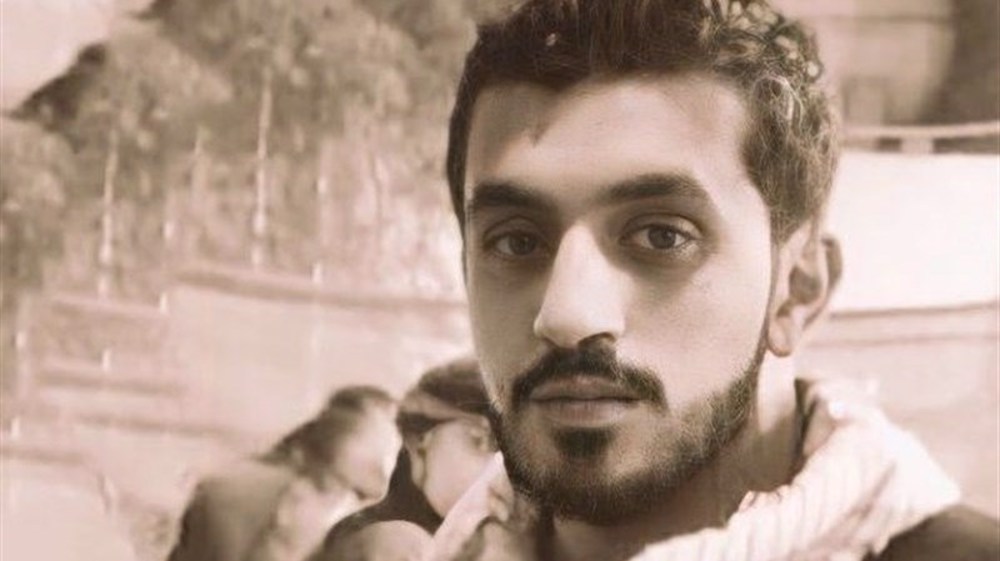
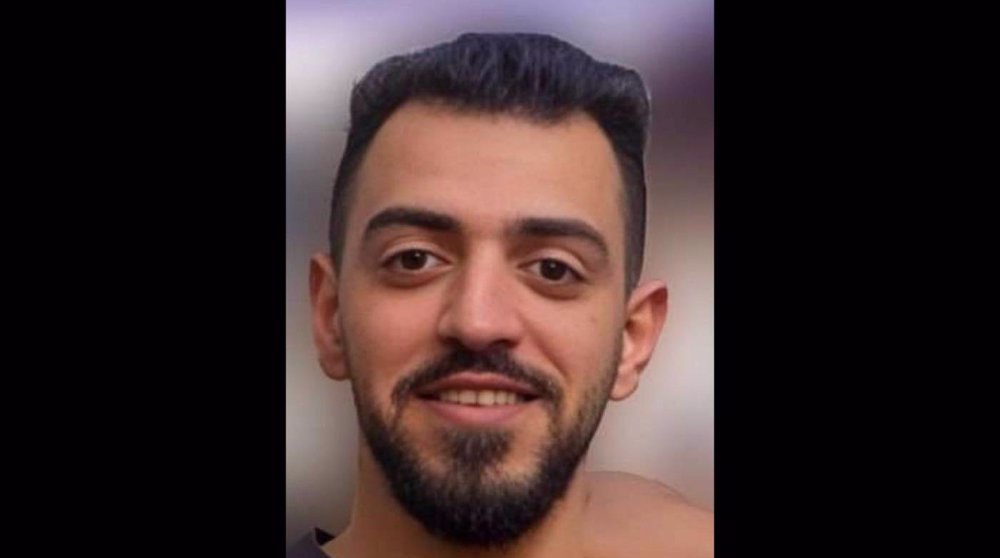
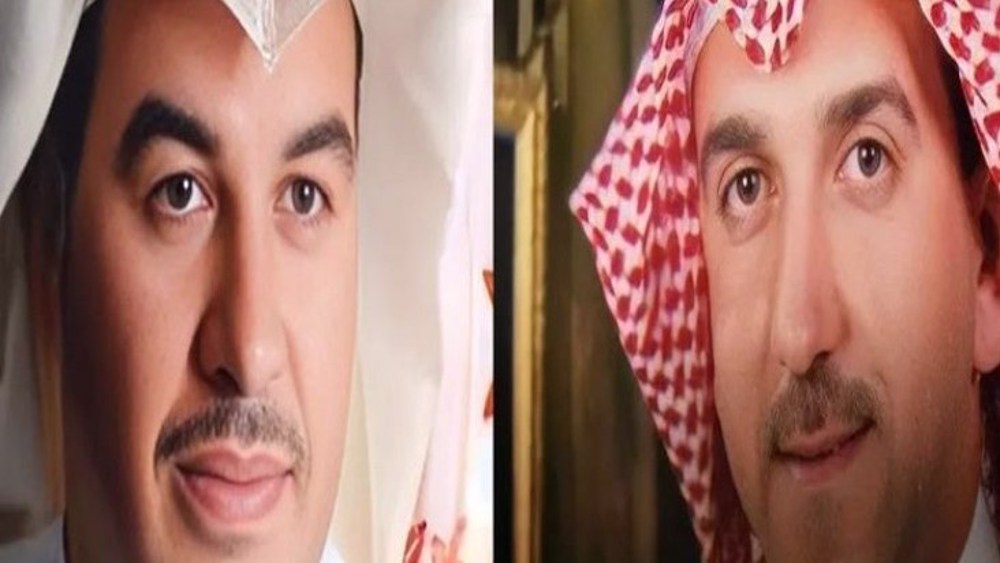
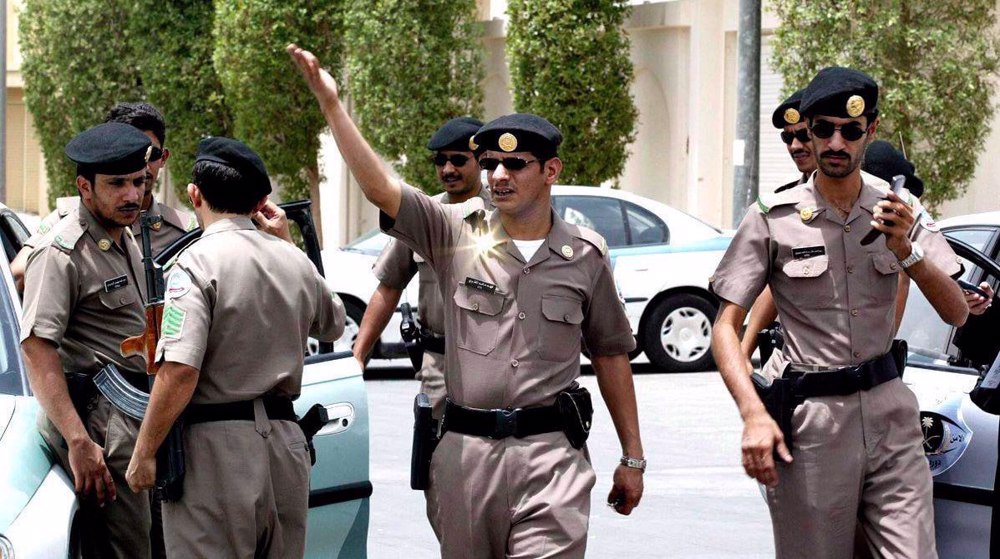






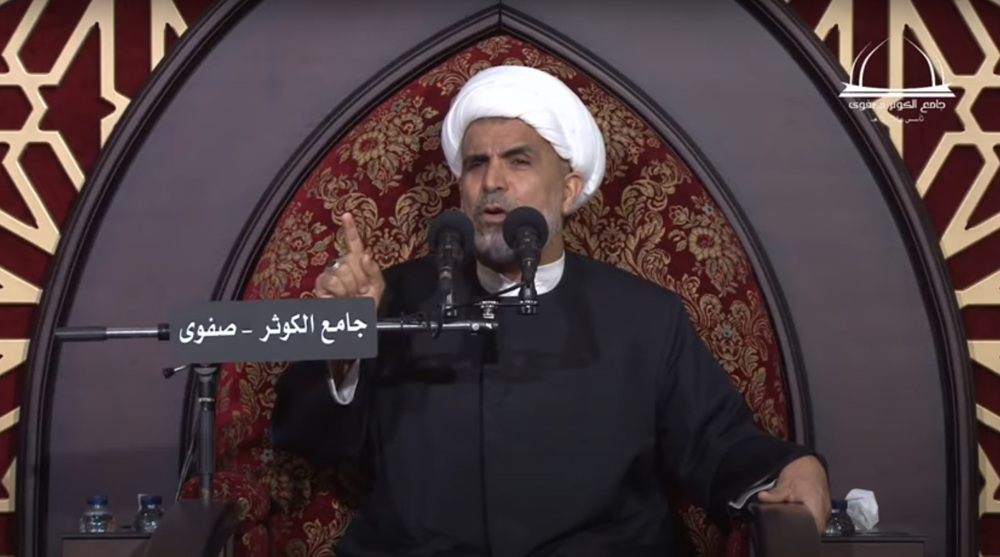
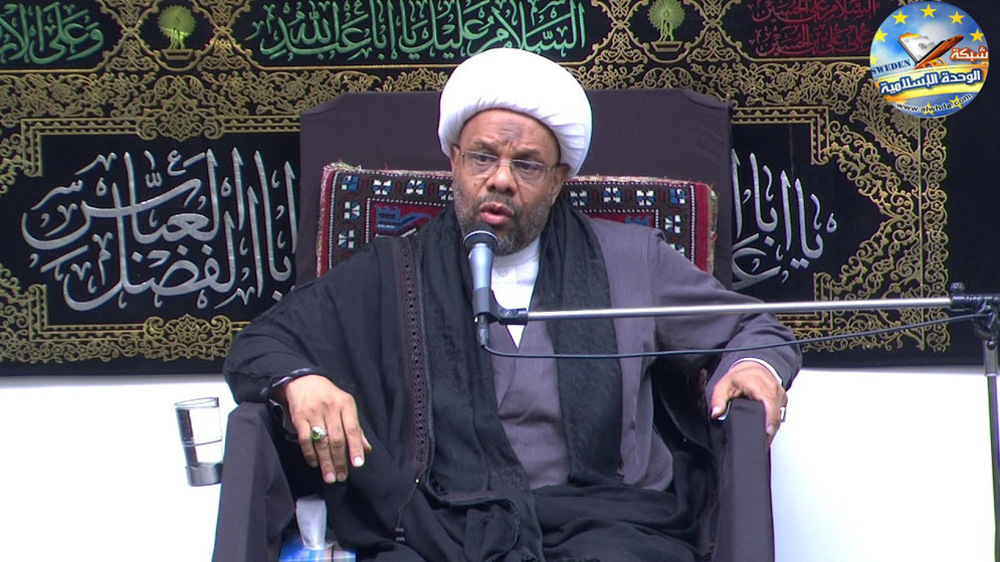
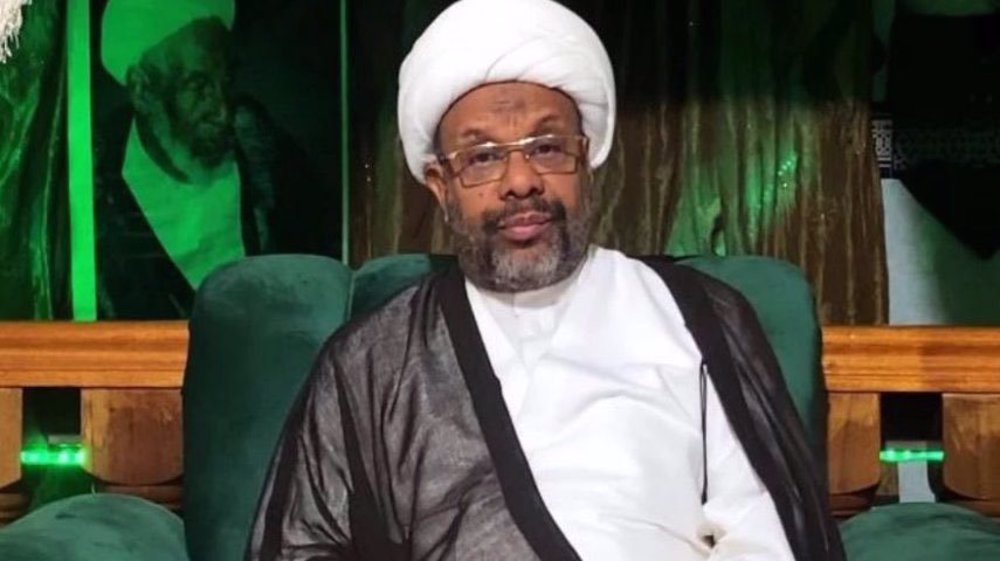
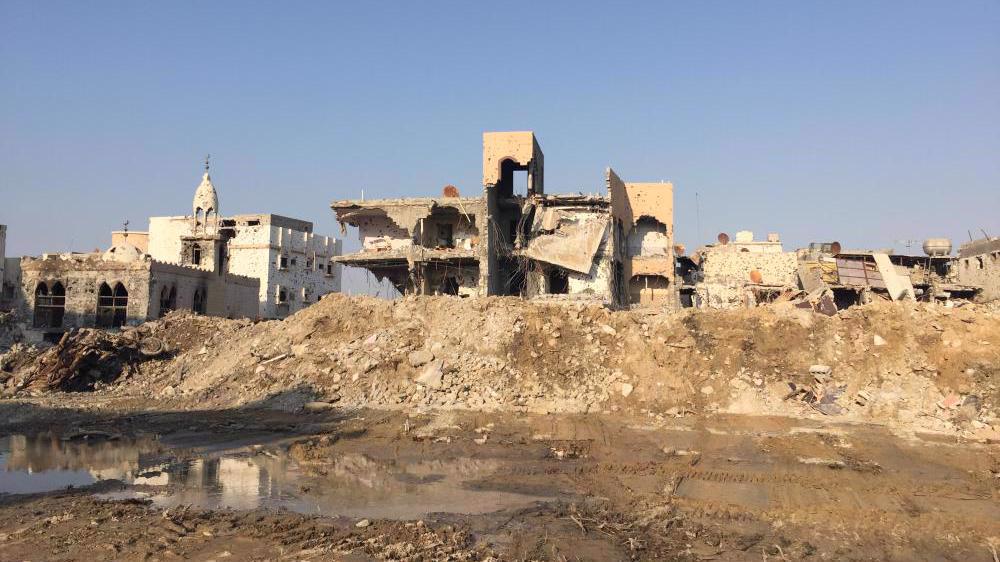
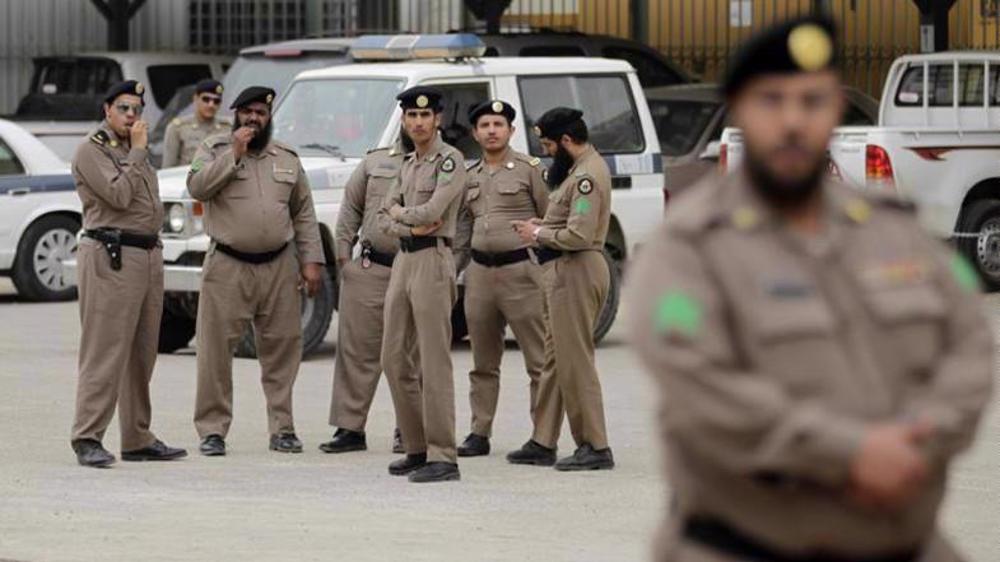
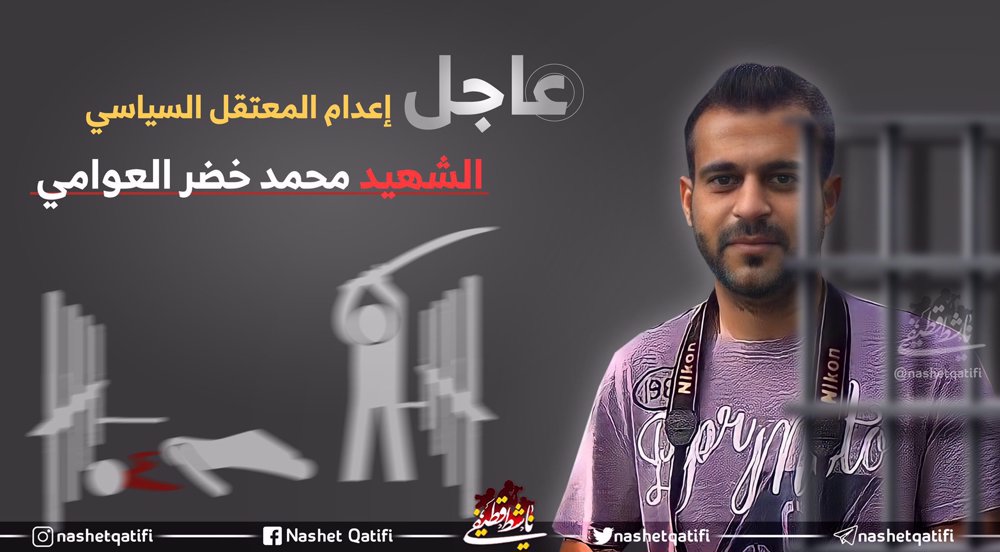
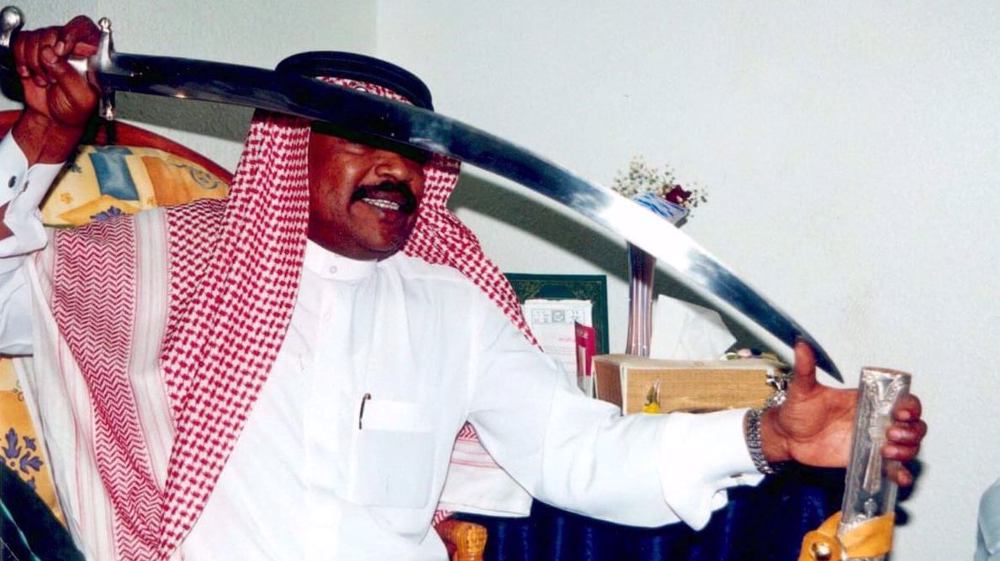
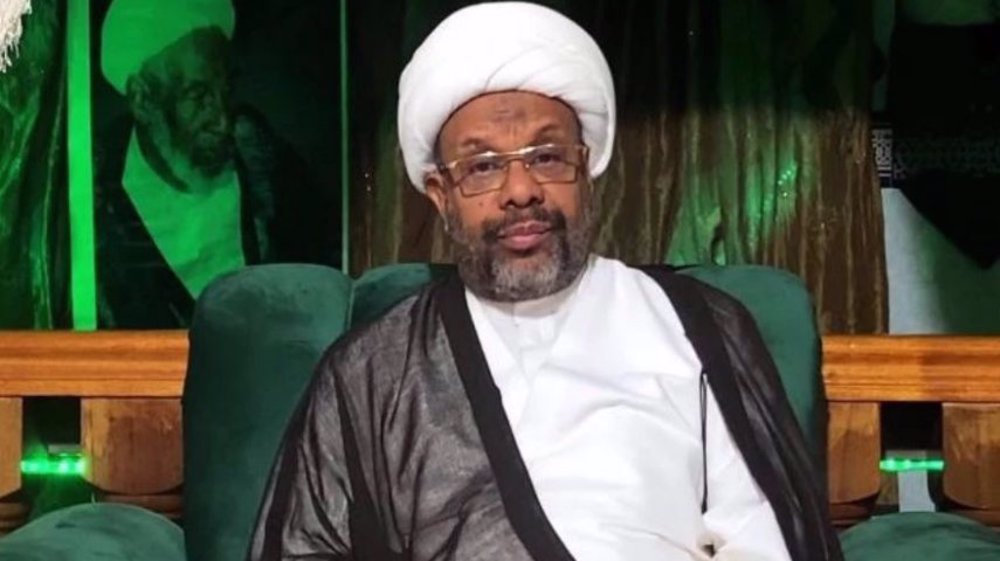
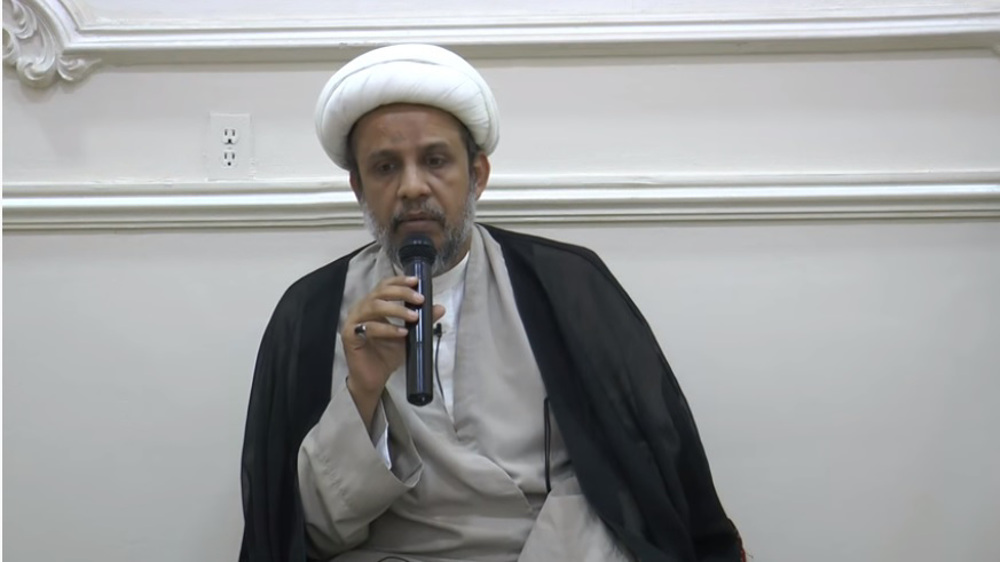

 This makes it easy to access the Press TV website
This makes it easy to access the Press TV website